An all-inclusive experience, redefined…At Bawah Reserve in Indonesia’s pristine Anambas...
Begin your day at Bawah Reserve with your choice from our Juice Butler service: fresh...
If you’ve noticed the beautifully patterned fabrics in your villa, you’ve already...
Ready to make a splash?For guests who are both swimming-fit and up for a challenge,...
Welcome to the thermal contrast therapy facility at Aura Sanctuary at Bawah Reserve,...
Planning your dream private island holiday in Indonesia? Here at Bawah Reserve, we...
3 ways to repost or use our Instagram Reels
We love that you want to share a little...
2024 wellness trends were exciting for sure, but it keeps getting better! The top...
A new subtle yet powerful trend - that of being “demure” and “mindful” - has been...
When we think of bees, honeybees often come to mind. However, at Bawah Reserve, a...
In the heart of Southeast Asia lies a hidden gem that promises a retreat into nature,...
It’s safe to say that if you ask someone to name a tropical island destination, they will...
As we step into 2024, the world of well-being is teeming with transformative trends that...
2 years ago for Earth Day 2022, we created 10 sincere pledges for investing in the planet...
Starting to plan your dream wedding? Some couples have a clear idea of their perfect...
We are often asked about the best time of year to schedule a trip to Bawah Reserve.Which...
Our faraway paradise is well worth the journey and there are many ways to get to Bawah,...
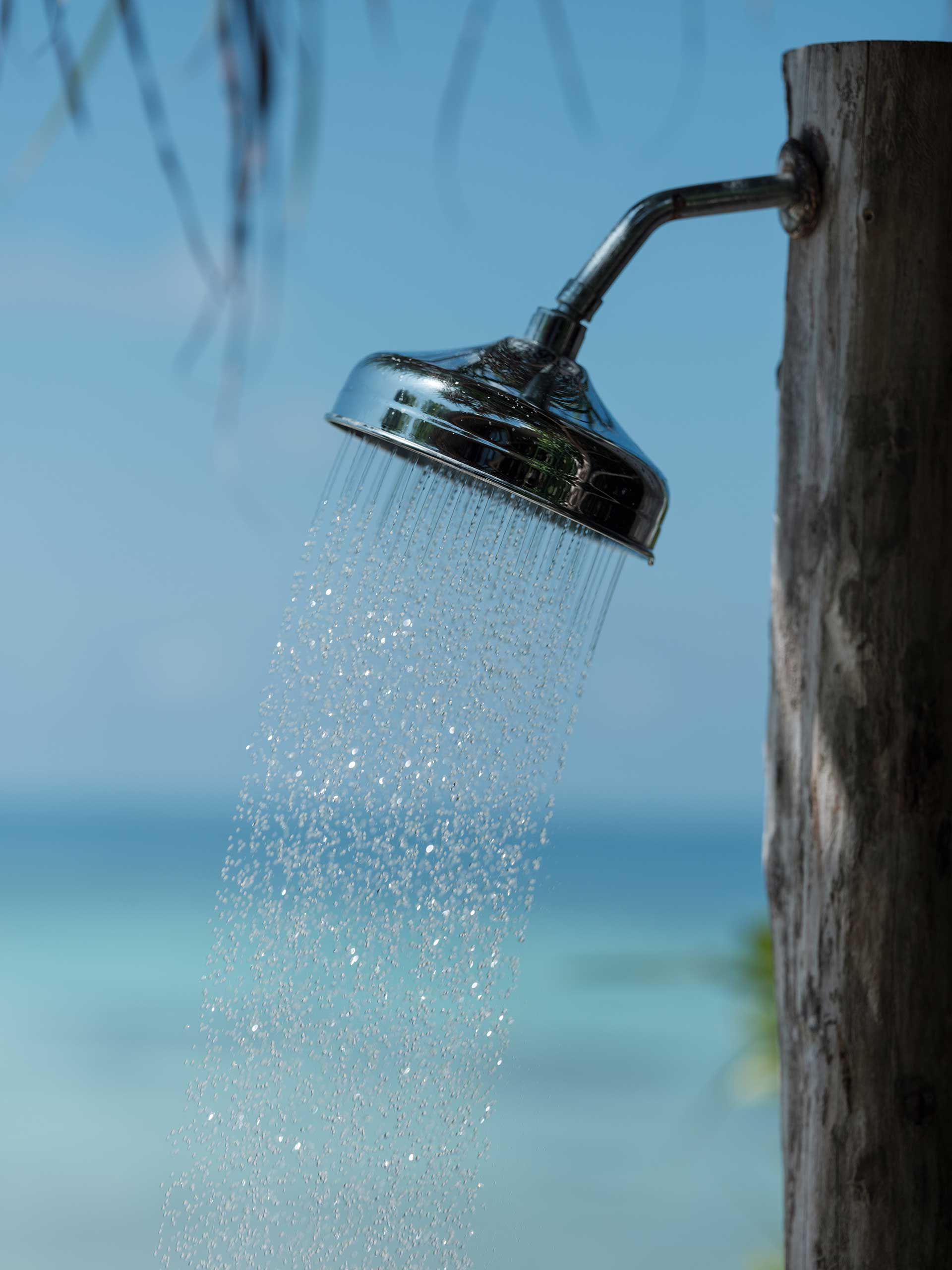
It was Arthur C Clarke who noted how inappropriate it was to call this planet ‘Earth’ when it is quite
clearly mostly ‘ocean’. Bawah Reserve is surrounded by endless miles of ocean, with all the
abundant beauty of its coral reefs, fish, and other marine life. But, it does not rain very often on Bawah,
so we have a challenge to source fresh water in the most environmentally resourceful way. We are
careful to both protect and sustainably use our groundwater and to make sure that we protect the ocean from our wastewater.
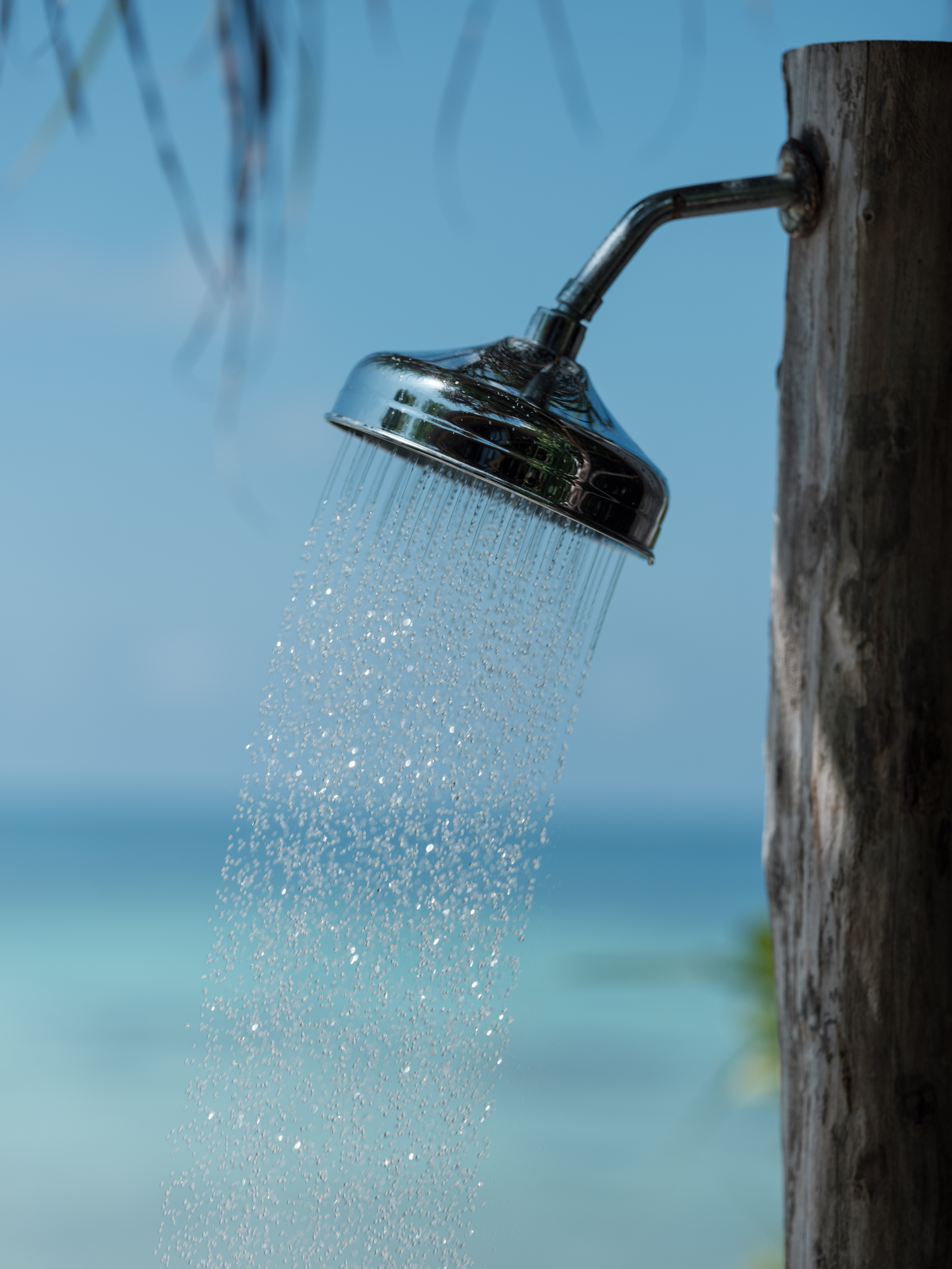
There are three sources of freshwater for the island: groundwater, rainwater and seawater.
Did you know that almost all of the liquid freshwater in the world is groundwater?
Interestingly the topic of Groundwater is the theme for #WorldWaterDay 2022 on 22 March -
Learn more about world water day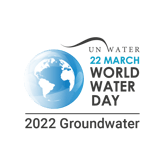
"Groundwater may be out of sight, but it must not be out of mind." UN World Water Day
We use our groundwater sparingly. We are now able to divert and alternate our water supplies using other sources like rainwater and seawater with the help of our advanced filtering systems.
We make sure that we continue to thoroughly explore and monitor our groundwater levels.
Interesting fact: As an island location, the more groundwater we use the higher the salinity of the water we pull.
We need to work together to sustainably manage this precious resource.
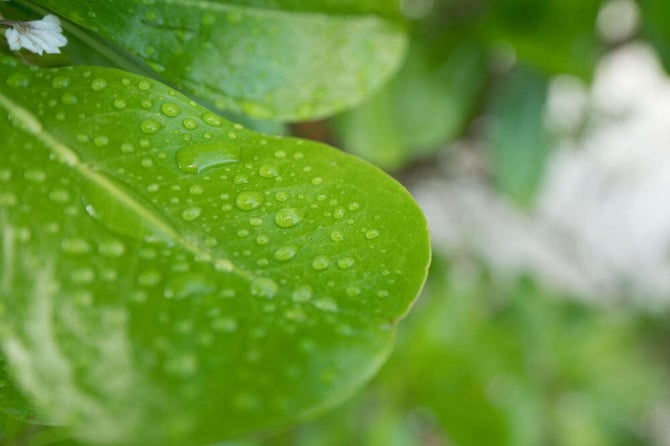
Rainwater is collected from the roofs of staff accommodation blocks and other back of house
buildings (approximately 2000 m 2 of roofing) and carefully stored in a network of tanks for later use.
The water-harvesting tank can store 70 m3 of rainwater which can add a substantial supply of water in the rainy seasons, with additional rainwater collection tanks planned for the future. This water will later go through the nanofiltration process to turn it into drinkable water. We can produce around 140 cubic litres a day from rainwater using this process.
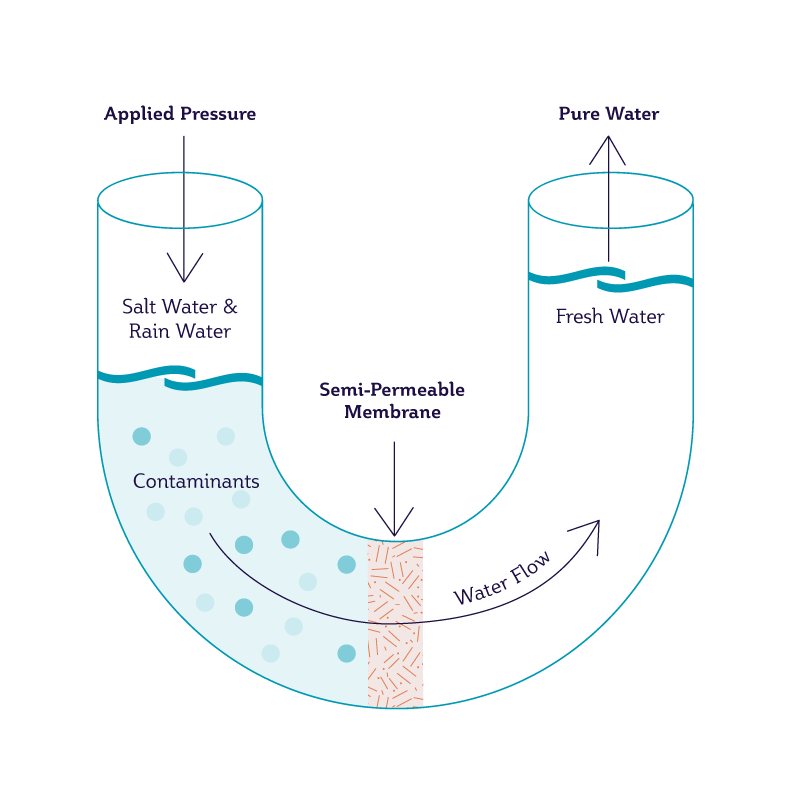
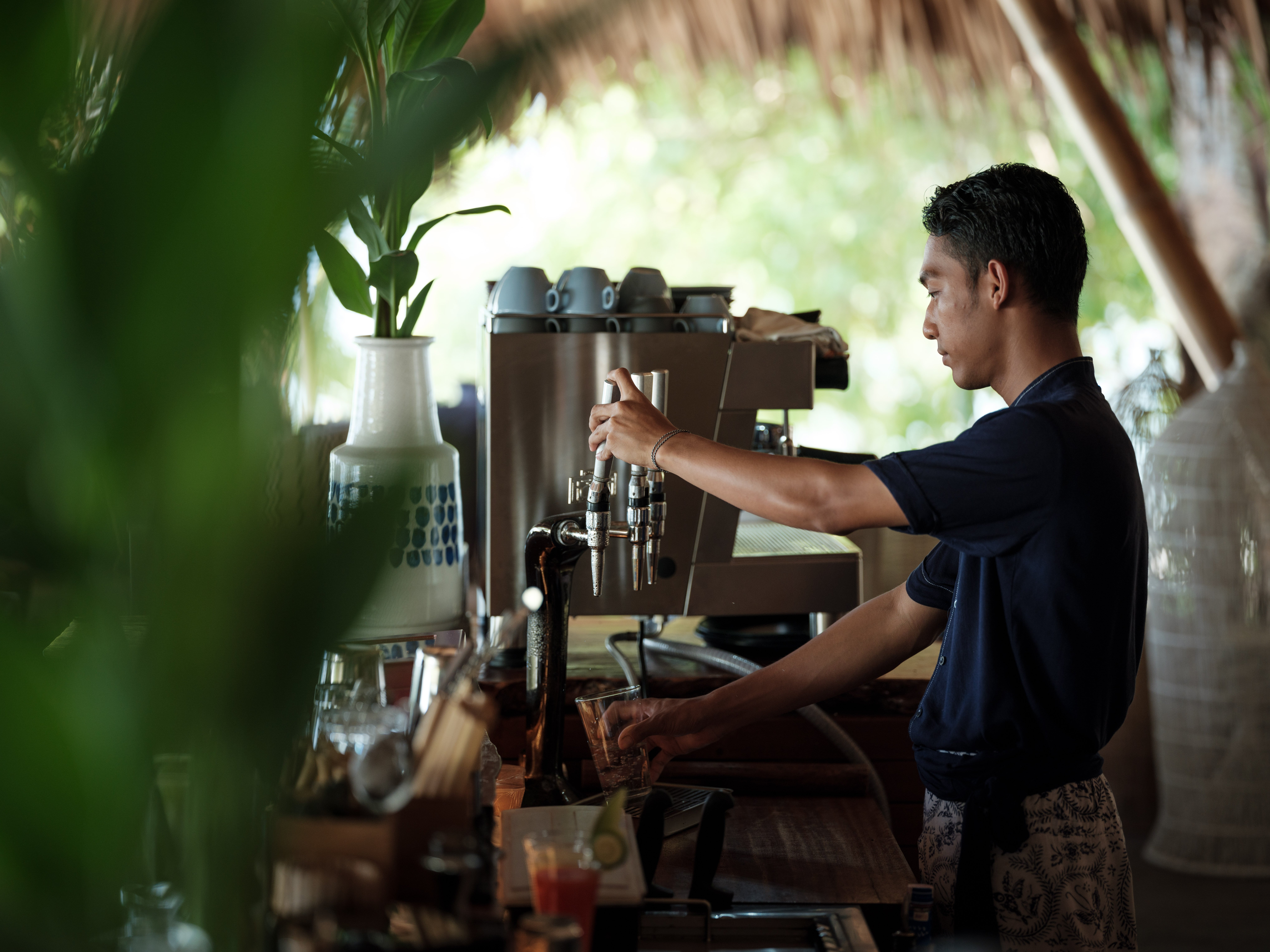
Seawater is converted into drinking water using a desalination plant. This plant removes salt and other impurities from seawater and rainwater and works using reverse osmosis and microfiltration.
We can produce up to 200 cubic litres a day from seawater using our 2 reverse osmosis systems.
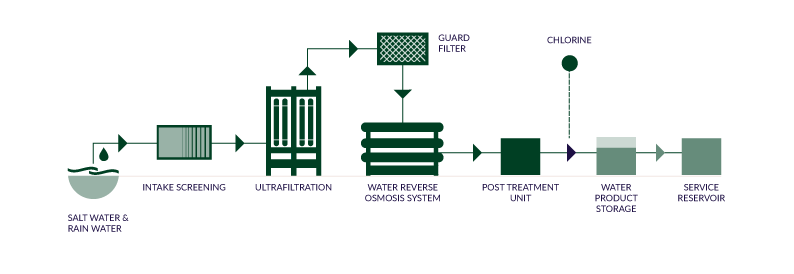
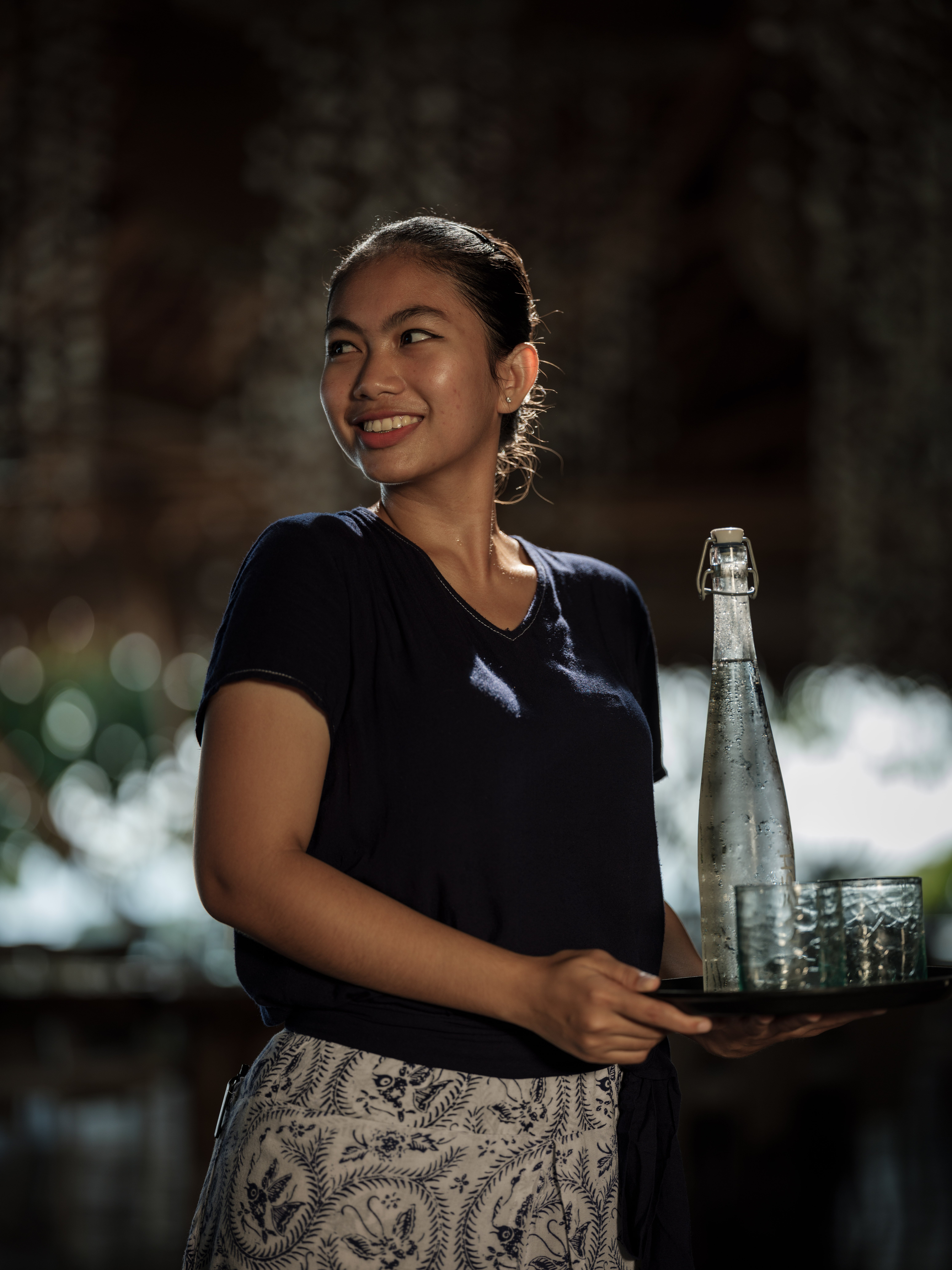
Drinking water is given additional filtration at restaurants and bars before being served either as carbonated or non-carbonated water.
Water meters have been installed across the island to measure consumption, including the canteen,
laundry, and kitchen area. Monthly summary reports on consumption are now being analysed to
identify possible efficiency savings.
.jpg?width=670&name=Bawah-reserve-medium-res-4891%20(1).jpg)
All wastewater is collected and pumped to a series of sewage treatment areas: aerobic, non-
aerobic, filtration system including UV, biological pond, and a reed bed system. The reeds are
collected on a regular basis and shredded for compost. Treated water is used for irrigation and toilet
flushing.
It is also of vital importance for the health of the coral and marine environment to eliminate nitrate run-
off into the ocean, from wastewater generated onsite, and to avoid the use of reef damaging chemicals.
The Anambas Foundation are overseeing a new irrigation system in part of Bawah’s forest area
which has been identified as being at risk of soil degradation. 150 young trees are being grown to
be planted once they reach 1.5 meters.
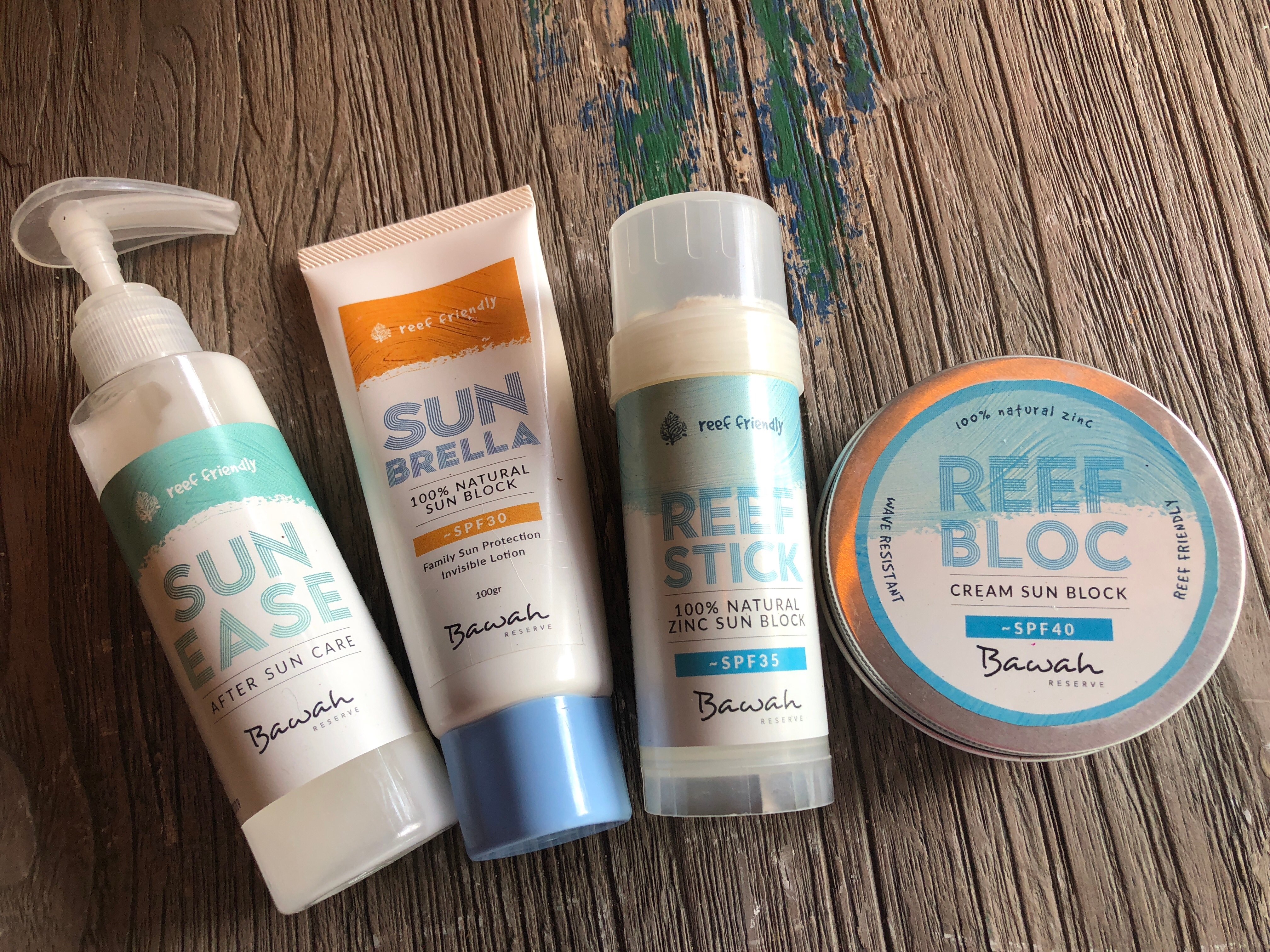
A range of Bawah branded, locally made ‘reef-friendly’ sunscreen and other products are available, which do not contain reef damaging chemicals. The laundry, housekeeping and spa also use products selected for their low environmental impact.
“The sea, once it casts its spell, holds one in its net of wonder forever” Jacques Yves Cousteau.
At Bawah, we aim to always protect and conserve our water, as it is our most precious resource.
Start your sustainable journey to Bawah Reserve here:
Jon Woodhead is Director of Challenge Sustainability, an international sustainability advisory firm
working to develop the sustainability program for Bawah Reserve.
www.challengesustainability.com
An all-inclusive experience, redefined…At Bawah Reserve in Indonesia’s pristine Anambas...
Begin your day at Bawah Reserve with your choice from our Juice Butler service: fresh...
If you’ve noticed the beautifully patterned fabrics in your villa, you’ve already...
Ready to make a splash?For guests who are both swimming-fit and up for a challenge,...
Welcome to the thermal contrast therapy facility at Aura Sanctuary at Bawah Reserve,...
Planning your dream private island holiday in Indonesia? Here at Bawah Reserve, we...
3 ways to repost or use our Instagram Reels
We love that you want to share a little...
2024 wellness trends were exciting for sure, but it keeps getting better! The top...
A new subtle yet powerful trend - that of being “demure” and “mindful” - has been...
When we think of bees, honeybees often come to mind. However, at Bawah Reserve, a...
In the heart of Southeast Asia lies a hidden gem that promises a retreat into nature,...
It’s safe to say that if you ask someone to name a tropical island destination, they will...
As we step into 2024, the world of well-being is teeming with transformative trends that...
2 years ago for Earth Day 2022, we created 10 sincere pledges for investing in the planet...
Starting to plan your dream wedding? Some couples have a clear idea of their perfect...
We are often asked about the best time of year to schedule a trip to Bawah Reserve.Which...
Our faraway paradise is well worth the journey and there are many ways to get to Bawah,...
© Bawah Reserve 2024. Anambas. Riau Islands. Indonesia
leave a comment